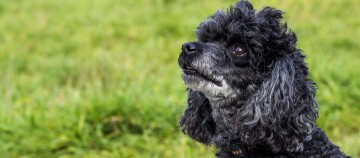Which Dog Breed Should I Get? Some Help in Your Search and How to Decide
07.10.2022 - Reading time: 9 minutes
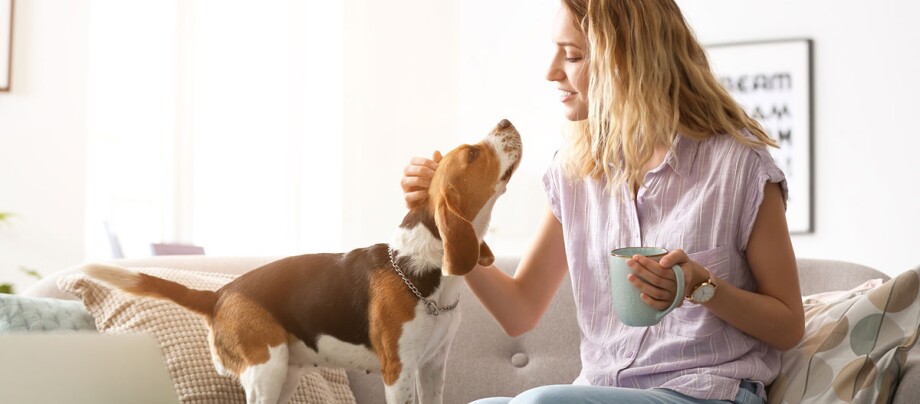
Which dog is right for me? Find out here which traits characterise the dog breeds and what you should look for when selecting a dog!
Do you want an animal companion and have you decided on a dog?
Then the question arises: What is the right dog for me? In order for you and your dog to form a harmonious team, there are a number of factors to consider.
Before purchasing a dog, ensure that no-one in the family is allergic to dog fur. If that is the case, there are breeds of dogs appropriate for people with allergies. Another criterion is the dog’s appearance. However, it is much more important that you will be able to fulfill the needs of your future loyal companion. Do you have enough space in your home? Can you provide sufficient activity and take him outdoors? Furthermore, you should consider the characteristics of the individual breeds. Do you have children? Will you neighbours react badly to barking?
There are more than 340 dog breeds with widely varying and pronounced characteristics. Find out here what these are, and what you should consider before buying a dog.
What characteristics do you want from your dog?
Just like people, dogs have personality characteristics. That goes back to their origins. For example, there are breeds that were specially bred for shepherding. This fact has a considerable impact on their behaviour on a day-to-day basis. These breeds have a great need for activity and require a task. Instinctively, they protect their pack, i.e. their family. Shepherding dogs include the German Shepherd, the White Swiss Shepherd, the Border Collie and the Australian Shepherd. Be aware that you will have to schedule a considerable amount of time to properly care for these breeds. They are obedient, attentive, active and willing to learn – and they also demand these things. Agility (dog sport) is an ideal activity.
Are you considering a Dachshund, Beagle or Terrier? Then you should be aware that you are adopting a hunting dog. Their pronounced hunting behaviours cannot and should not be suppressed. They are very affectionate and loyal companions, but also require compassionate and consistent training. They are as vigilant as they are willful and are very self-confident. Hunting dogs are generally considered fearless, though they are also often mistrustful of strangers.
Dalmatians and Rhodesian Ridgebacks are also hunting dogs. They are so-called “running dogs” and need corresponding opportunities to run. Jogging and cycling are ideal for these sporty animals. They are naturally cuddly, friendly and empathetic, though also often reserved towards strangers. The same applies to the Eurasier.
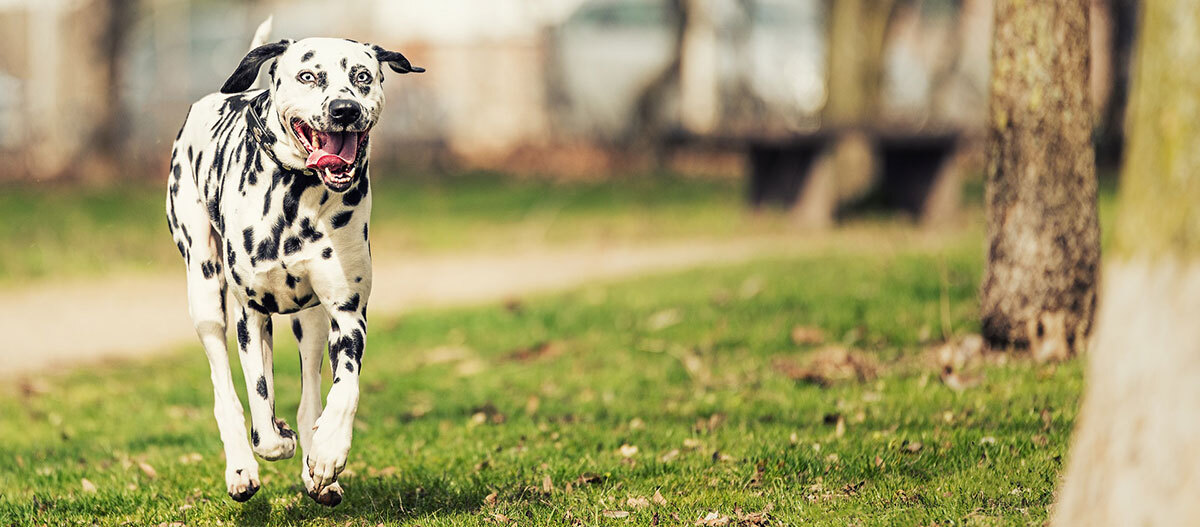
The Golden Retriever or Labrador Retriever is a beloved family dog – and no wonder. They are exceptionally friendly to children, well-balanced, attentive and have a great love of water. These breeds, along with the English Cocker Spaniel, belong to the retrieving, flushing and water breeds of dogs. The Labrador supports fishermen and hunters in water nature reserves.
Are you looking for a friendly companion to chill with you on the couch and cuddle? Then consider the French Bulldog or Pug. These mid-sized companion dogs are generally well-balanced but can also have quite a fire in their bellies. Their temperament makes them lively companions. They love children, learning and playing games and are very funny, which is especially true of the English Bulldog. These plump clowns have a good sense of humour as they make their amiable way through life, though this also has something to do with their weight.
Poodles or tiny Chihuahuas also number among the companion dogs. You are not likely to get bored when they’re around – the same applies to the “house dogs”. These primarily include the Pinscher and Schnauzer, but also many large dog breeds. The Bernese Mountain Dog and German Boxer are cuddly, amiable and affectionate. The Rottweiler and German Boxer are also house dogs which may seem imposing, but have a friendly personality. House dogs were bred for a wide variety of purposes and are generally good with children.
Please consider: every dog is an individual. Breed-specific traits may be more pronounced in some dogs than in others.
Where do you live and how much space is available for the dog?
Your living situation is another important aspect to consider when choosing a dog. There are certain breeds that are susceptible to joint diseases. Many large dog breeds, such as Shepherds, but also Dachshunds or French Bulldogs should avoid stairs if at all possible. A flat is more appropriate than a house with multiple floors. If you live in a terraced house, you shouldn’t chose a yappy dog out of respect for your neighbours. The Golden Retriever or Labrador Retriever are known as quiet housemates. Dogs that love to run, such as the Dalmatian love a garden, which city dogs such as the Pug or Bulldog can manage without. What is important is that you can offer the dog living space that corresponds to its size. As a rule, you should have space available for your dog to be able to find a quiet place to withdraw to. A sleeping space in the hallway where there is constant traffic is not ideal. A quiet corner is much better.
How much experience do you have in dog training?
Perhaps you have already had a dog and know something about training. Then breeds such as hunting dogs that need a firm hand could be right for you. If this is your first dog, then you would do well to start with a breed that is easy to train. A Poodle, Labrador Retriever, Pug or a Bulldog would be perfect candidates for starting life with a dog. Sometimes it makes sense to choose an older dog, for example from an animal shelter. Most dogs are already house-trained and more or less obedient. This, of course, depends on the individual animal.
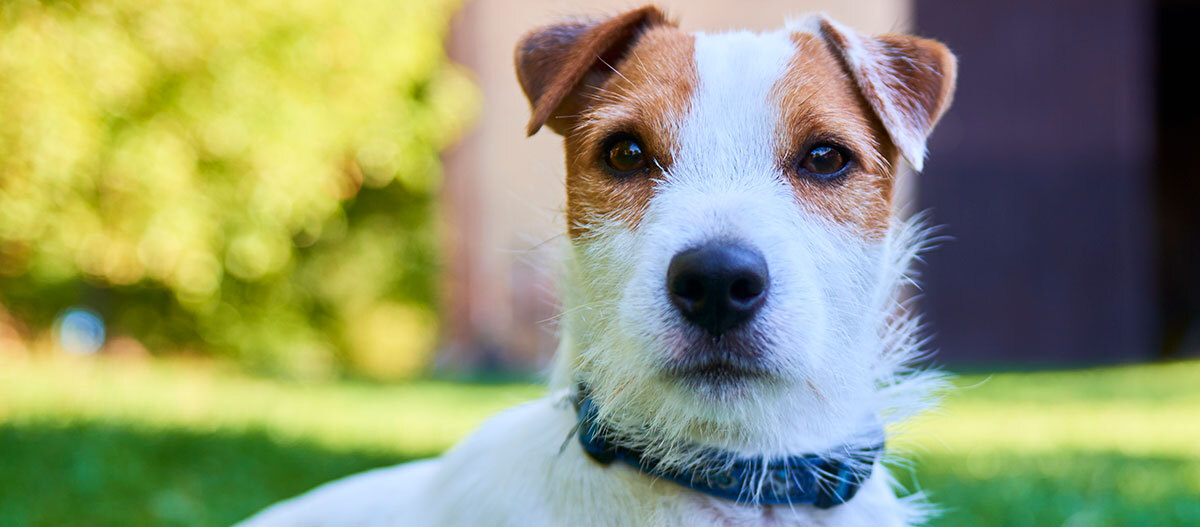
How much time can you devote to your dog?
This brings us to the next criterion, time. With a dog, your whole daily schedule changes. You should be aware of this. If you have a running dog you will need to plan plenty of time for going for walks. If you choose a Shepherd, it will need activities such as agility or other training programmes, since movement alone is not enough – the dog needs to stay mentally fit. This is just as important for a well-balanced dog as food, socialisation and quiet. Long-haired breeds such as the Bernese Mountain Dog also require regular fur care, which also takes time.
How will the dog be cared for while you are away?
More and more employers accept office dogs. If your dog will be coming with you to work, it should be open to strangers and preferably not prone to barking. If your dog will be staying home, be sure that it is well provided for while you are away. For example, there are doggy daycare centres. As a rule, a dog shouldn’t be alone for more than four, max. five hours. Also consider how your dog will be cared for while you are on holiday if he can’t come along. Do you have relatives or friends who could take the dog during that time? Another alternative are dog kennels.
It is often the case that women look for an attractive female dog, while men prefer a strong (male) partner at their side. Lots of families decide against a female for reasons of convenience. Otherwise, they have to be very careful when the dog is on heat.
In must be said that the gender-specific arguments for or against a male or female are controversial. The fact is that a female can show a strong territorial tendency, though this depends on the breed and the development of the dog. For a dog from a shelter, you can ask the carers about its personality. With puppies, you can also often tell quickly which little dogs are more territorial and which ones are more reserved.
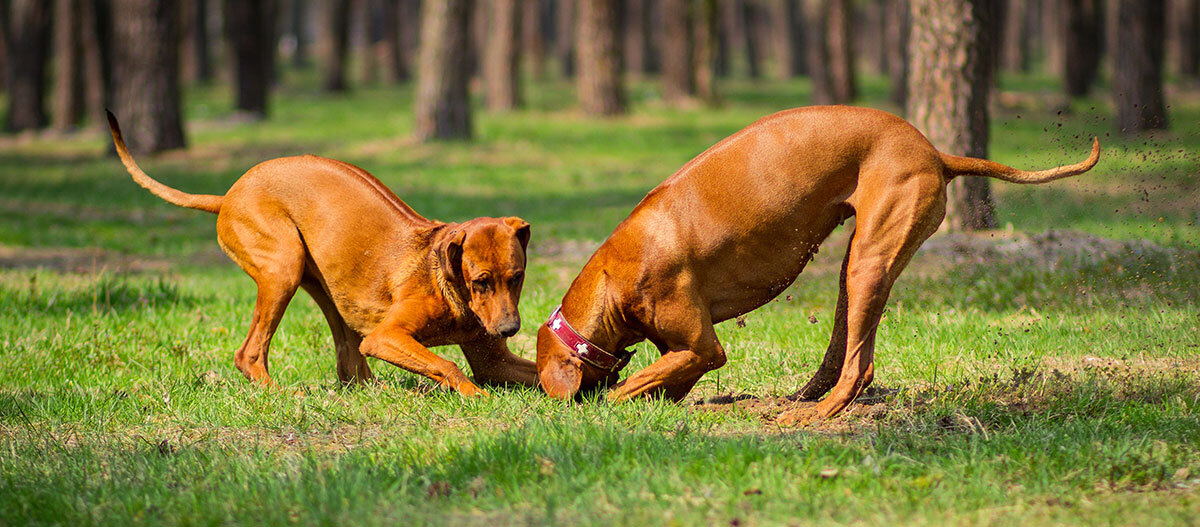
What costs should I expect for a dog?
Many dog owners, unfortunately, underestimate the costs of a dog. Alongside basic equipment, such as bowls, leads and collars, there are also other costs that you will be confronted with. Depending on where you live, dog tax can range between 25 and 190 euros per year. The town of Windorf in Bavaria is one of the very few places that does not levy a dog tax. Liability insurance costs around 3 to 15 euros per month. Then there are vet bills. Generally, you can expect to pay around 150 euros for vaccinations and worming treatments. If your dog gets sick or is injured, fees can add up quickly and can cross the 1,000 euro line before you know it. Here, we recommend surgical insurance or health insurance for dogs which costs between 15 and 50 euros per month. If you visit an obedience school or need to use kennels, these are also costs that you should plan for.
It is very difficult to answer this question correctly. Alongside personal preferences, it depends heavily on the conditions in your home and the individual characteristics of the various breeds. But no two breeds are the same, and no two dogs are identical. By answering a few simple questions, we would like to offer you some help in your search for your new pet. We have developed a Dog Advisor in collaboration with the Verband für das Deutsche Hundewesen (VDH) [German Kennel Association] and the expert team from our Puppy Club in order to help you to decide.
To the Dog Advisor

